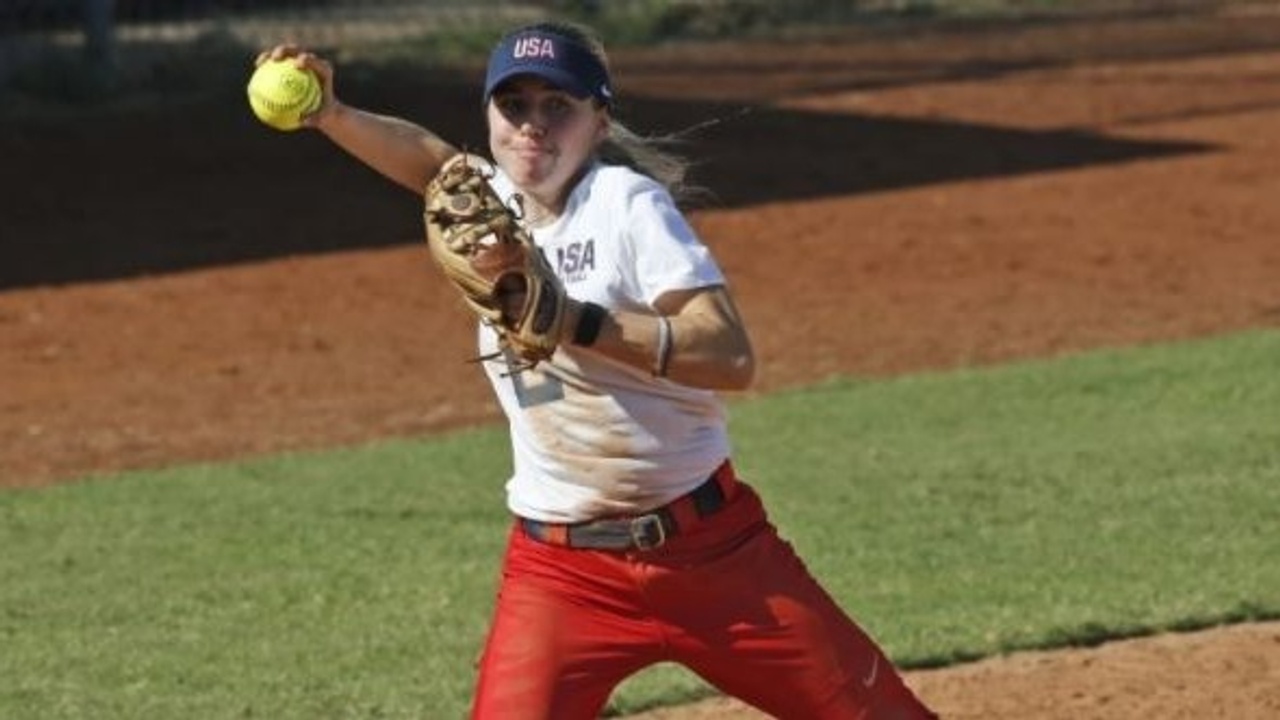
Baseball is drama with an endless run and an ever-changing cast – Joe Garagiola, Major League Baseball Catcher and TV announcer
The effective delivery of projects is also an endless drama with an equally tumultuous turnover in players. That is how I come to compare the growth and development of project managers to that of baseball players. Specifically, I’m looking at the parallels between PMs and young ball players in their development.
Little League
When children start playing baseball, coaches work to ensure that everyone gets equal playing time. Coaches are focused on teaching the game and therefore try to have all the children play in each position in the field. When the players have very little experience, this strategy of equality works well. Even if little Johnny really has no clue how to pitch, putting him in the game will not hurt the team’s chances of winning. Remember that in their early baseball career, skills are being developed, rules are being learned, and teamwork is fostered. It’s not about the Win.
As players get older, coaches become a bit less altruistic in their assignment of defensive positions. Players begin to specialize. The games become more competitive. Betsy is clearly the best shortstop. Rotating her to first base would not make sense, nor would that help the team! She doesn’t know that position as well. Coaches start to recognize how their players are developing and they begin to give the toughest assignments to those that are most capable (Betsy belongs at shortstop). However, there is still room for the learner. Since some positions see less action, a less capable fielder can still be ‘hidden’ in a position that potentially may cause less damage.
At the Junior High and High School level, the importance of specialization for defensive positions is more evident than ever. There is less and less tolerance for a player that won’t commit to doing the work that is required to raise their skills. The game is still about having fun and learning, but the competitiveness is higher. At this level, it is important that everyone bring their ‘A’ game, try their best, and work at improving their capabilities. There is nowhere left to ‘hide’ a weaker player in the field. Every position sees action; every position is important; everyone contributes to the team’s success.
Project Manager League
At the entry levels of project management, everyone can play with a set of general PM skills. And for those with a few years of experience under their belt, managing small projects is easy without the need to develop specialized skills. As PMs get more experienced, they start to hone their skills. They can run both small and medium sized initiatives and can do so with less oversight. However, with the growing complexity and increased business value of projects, it begins to get more difficult to ‘hide’ an inexperienced or less capable project manager. It has been my experience that all projects should have an ‘A’ player.
At the large project and program level, the importance of a program manager as a professionally skilled resource becomes even more apparent. While subject matter expertise is always helpful for managing an initiative, the capabilities and talents provided by a professional PM cannot be backfilled. On the other hand, subject matter expertise from others on the team can always be leveraged to support the PM.
Considerations
As the cast of your project manager ranks turns over during the endless run of providing value within your company, it is important to clearly establish:
- Guiding principles for all PMs – rules of the game tailored for the way your organization delivers – generic PMI processes are not sufficient.
- Core capabilities and competencies that you want all your PMs to master. It’s not as simple as just “hit, catch and throw” anymore (or “plan, run, report”). Capabilities should be specifically tailored to project or program manager roles and their appropriate level (project analyst, project manager, senior PM, program manager…).
- Career path – how to evolve and develop at the company in the PM role…or into other related roles. It can be similar to the farm system in Major League Baseball, where players stay with one club, grow from the feeder teams to the ‘big show,’ or even move to a non-player role in the front or back office. PMs should grow from the ‘minors’ (small projects), to the ‘majors’ (large projects and programs), and even evolve into non-delivery specific roles (business relationship managers).
Resource optimization is not easy. It takes time and effort and a plan. And that long term plan for the development of your team is critical. Don’t just treat PMs as disposable resources. Plan what you want from your PMs. Plan how they can grow and how they should continue to develop. In the immortal words of former NY Yankees manager Yogi Berra, “You’ve got to be very careful if you don’t know where you are going, because you might not get there.”
For more on project management and baseball (and rock and roll, and the art of war), check out the 2nd edition of Delivery Effectiveness.
